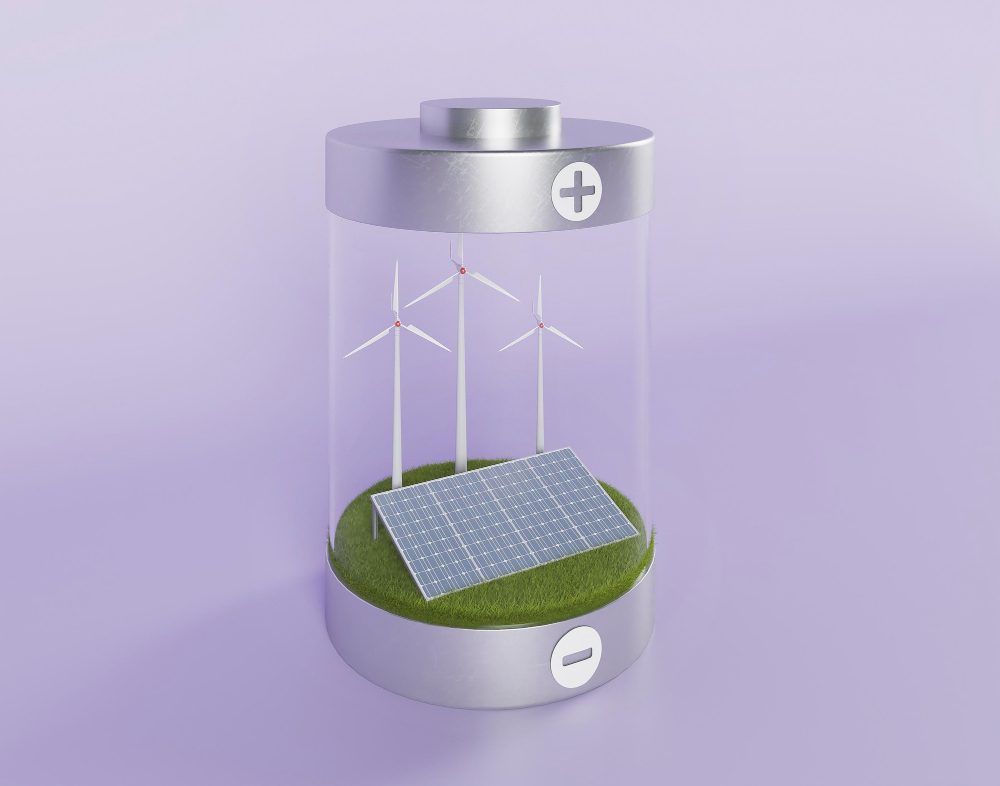
Why Should You Consider Solar Power for Factories?
The modern industrial landscape places a high priority on sustainability and cost-efficiency. One of the most promising solutions to achieve both is the adoption of solar power for factories.
We at VMS Consultants, as a leading Engineering Consultancy in Gujarat, are seeing an increase in the number of clients who are asking us about the possibility of using solar energy in factories.
In India, where sunlight is abundant, integrating solar energy into factory operations can significantly reduce energy costs and carbon emissions.
Let’s start with the basics.
Why Solar Power?
The following are some of the benefits.
Benefits to the Environment
Solar power is a clean, renewable energy source that reduces greenhouse gas emissions. By switching to solar energy, factories can play a key role in combating climate change and reducing their environmental impact. This not only benefits the planet but also enhances the company’s reputation as a ‘responsible’ corporate entity.
Savings of Money
While the initial investment in solar panels and installation can be substantial, the long-term savings are significant.
Factories can drastically cut their electricity bills, and with various government incentives and subsidies, the return on investment (ROI) becomes even more attractive. The government’s push for renewable energy makes solar power an economically viable option.
Achieving Energy Independence
Solar power provides factories with a degree of energy independence. By generating their own electricity, factories are less vulnerable to fluctuations in energy prices and supply disruptions. This stability can lead to more predictable operational costs and less reliance on the grid.
The following are some initial considerations you should keep in mind.
Initial Considerations for Solar Power
Feasibility Study
Before installing a solar power system, you should conduct a feasibility study. This involves assessing the factory’s energy needs, the available roof or land space for solar panels, and the solar potential of the location. The study will help determine the optimal size and configuration of the solar power system.
Cost Analysis
A detailed cost analysis should be conducted to understand the upfront investment and the potential savings over time. This analysis should include the cost of solar panels, installation, maintenance, and any financing options.
Additionally, the potential savings on electricity bills and government incentives should be factored in to provide a clear picture of the financial benefits.
We can provide expert guidance and support throughout the feasibility study, cost analysis, and installation process, ensuring that factories make informed decisions and maximize the benefits of solar power.
Choosing the Right Technology
There are different types of solar panels, including monocrystalline, polycrystalline, and thin-film panels. Each type has its own advantages and cost implications. Factories should choose the technology that best suits their needs and budget. Consulting with VMS Consultants can help in making an informed decision.
Installation Process for Solar Power
Site Preparation
Proper site preparation is essential for the efficient installation and operation of solar panels. This includes ensuring that the roof or ground space is structurally sound and free from obstructions that could cast shadows on the panels.
In some cases, structural reinforcements may be necessary.
Installation
The installation process involves mounting the solar panels, connecting them to the inverters, and integrating the system with the factory’s electrical grid. It’s crucial to hire experienced and certified installers to ensure the system is set up correctly and safely.
Testing and Commissioning
Once the installation is complete, the system must be thoroughly tested to ensure it operates correctly and efficiently. This includes checking the electrical connections, inverter performance, and overall energy output. Any issues should be addressed before the system is fully commissioned.
Operational Considerations for Solar Power
Maintenance
Solar power systems require minimal maintenance, but regular inspections and cleaning are necessary to ensure optimal performance. Dust and debris can reduce the efficiency of solar panels, so periodic cleaning is essential, especially in areas with high levels of pollution or dust.
Monitoring
Modern solar power systems come with monitoring tools that allow factory owners to track the system’s performance in real time. Monitoring can help identify any issues quickly and ensure the system is operating at peak efficiency. It also provides valuable data on energy production and savings.
Grid Integration
Integrating the solar power system with the factory’s existing electrical grid requires careful planning. The system should be designed to work seamlessly with the grid, allowing for the export of excess energy and ensuring a stable power supply.
In some cases, battery storage systems may be added to store excess energy for use during periods of low sunlight.
Solar Power is the Smartest Choice
Adopting solar power for factories is not just an environmentally responsible choice but also a financially sound one. The long-term savings, energy independence, and positive environmental impact make it a compelling option for factory owners. With the right planning, installation, and maintenance, solar power can significantly enhance the sustainability and profitability of factory operations.
VMS Consultants, a leading Engineering Consultancy in Gujarat, with our extensive experience in engineering, architecture, and project management, can provide invaluable support in transitioning to solar power.
Are you ready to reap the benefits of solar energy for your factory? Contact VMS Consultants today to start your journey towards a sustainable and cost-effective energy solution.






